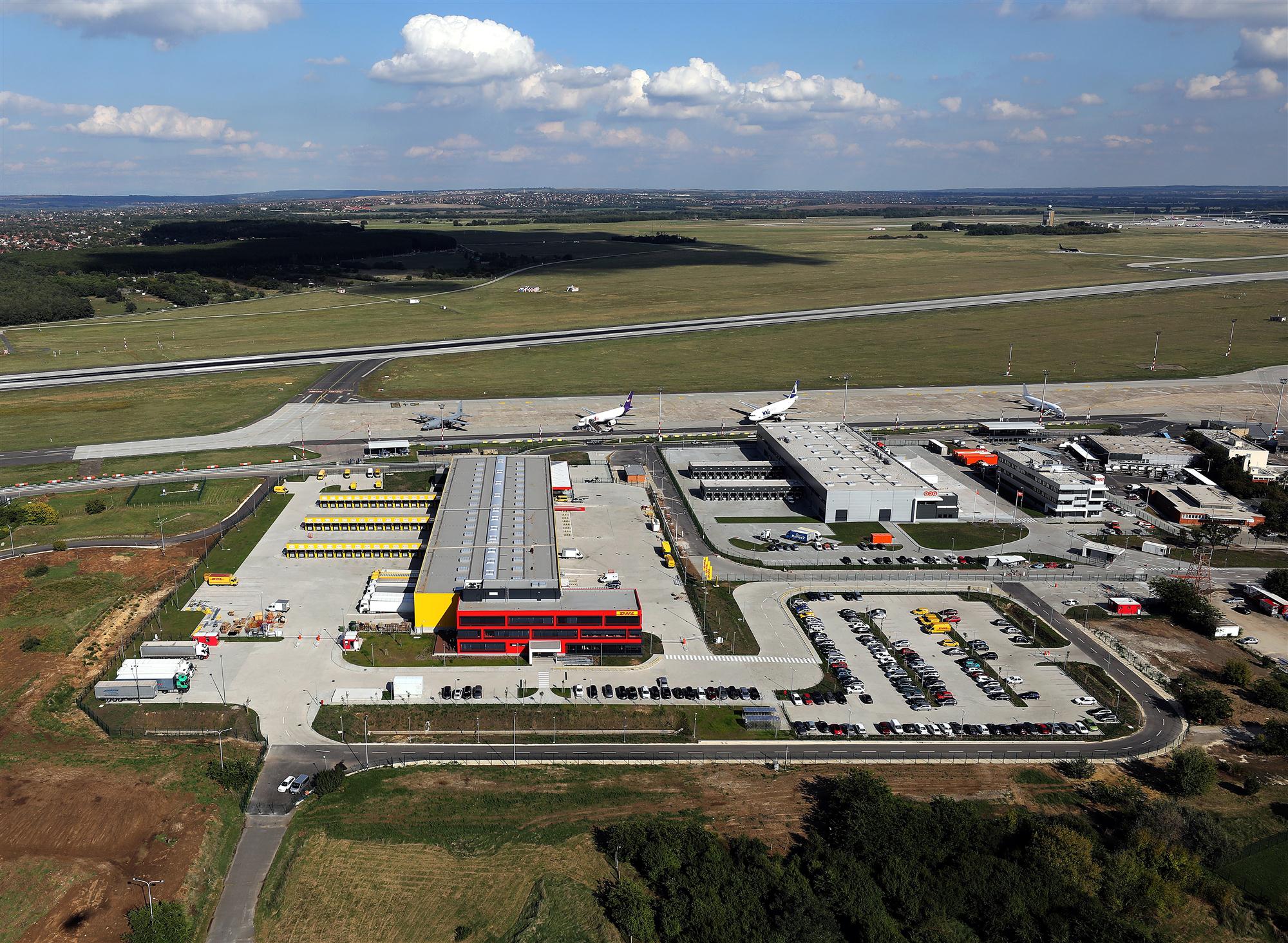Budapest Airport has unveiled its new growth strategy for Asia that it plans to launch in the new year.
The new strategy includes additional direct freighter and belly cargo routes to and from China, as well as enhanced e-commerce capabilities at the Hungarian hub.
“China plays a major part in our BUD:2020 growth programme, and we are working together with some of the country’s largest logistics and transport companies to meet rising demand for imports from China,” said René Droese, executive director of property and cargo at Budapest Airport. “The new freighter routes launched this year complement our existing direct and indirect scheduled freighter and belly cargo connections with China operated by Air China, Cargolux, Emirates, Qatar Airways Cargo and Turkish Cargo. The forwarder community in our region is seeking new ways to reach the Asia market; in addition to this we are witnessing an increasing demand from Chinese e-commerce companies for new, efficient distribution hubs in Eastern Europe, which amounts to a unique opportunity for us.”

The plans are in line with the airport’s ongoing BUD20:20 expansion programme, which includes the new Cargo City development scheduled to open next year. The airport recently also added new freighter operations from both AirBridgeCargo and Silk Way West Airlines.
E-commerce is a major driver of growth in the Hungarian air cargo market, with a growth rate of more than 25% per year.
“Eastern Europe represented a significant €73 billion (US$83 billion) of the e-commerce market in 2017, all of which represents a growing opportunity for BUD,” said Droese. “The electronics and automotive business is booming in our region, and more Chinese investment was announced recently regarding these sectors. Our new Cargo City project under construction with total investment value of about €50 million (US$57 million) will provide fast and highly efficient logistic solutions for all business-to-business, business-to-consumer, and consumer-to-consumer markets.”
The additional new Chinese routes are expected to begin next summer. The airport is currently in discussions with e-commerce players including Alibaba Group, SF, ZTO and STO Express.
”We are witnessing historic moments in China; it was precisely 40 years ago that the Chinese central government, led by Deng Xiaoping, introduced the policy of opening the economy to foreign direct investment,” said Szilárd Bolla, the Consul General of Hungary in Shanghai. “Now, the government of Xi Jinping would like to call the attention of global players to the dynamically growing Chinese internal market. The quality of current diplomatic relations between the two countries and this momentum create an excellent opportunity for Hungarian businesses to enter the market.”
Between October 2017 and 2018, the volume of trucked and flown freight increased by 22.9% year-on-year, and from 2015 to 2018, cargo volumes have increased by more than 60%, according to Budapest Airport.



